23 F. high in the Twin Cities Monday.
24 F. average high on December 28.
24 F. high on December 28, 2014.
December 29, 1999: Minneapolis soars to a high temperature of 53 degrees.
Instant Winter: Another 1-2"Psychology of Snow
Every
storm is different; every scenario uniquely, frustratingly complex. In
the 70s there was one weather model (LFM). Today there are scores of
simulations. We are literally drowning in a sea of competing visions of
what the future should bring.
Like a financial analyst the
challenge is what to believe - when. No one model has a perpetual lock
on the truth; they all have their strengths and weaknesses.
Over
the last 40 years I've noticed it's better to over-predict than
under-predict snow. If you say 8" and you wind up with 5" most people
shrug. "Close enough for a weatherman". But God help you if you predict 2
inches and a foot falls. There is no absolution or forgiveness for that
sin. As a result meteorologists inflate snowfall forecasts. I know,
shocking!
Today, with apps and thousands of web sites EVERYONE is an armchair meteorologist.
A
lingering lobe of "vorticity" aloft squeezes out another 1-2 inches
today but travel conditions slowly improve. Temperatures run close to
average as we kick off '16.
"Plowable, shovelable" snow without the subzero polar sting? Sounds pretty good to me.
* The latest Minnesota observed snowfall reports are
here, courtesy of NOAA.
Snowy Rembrandt.
This reminds me of one of those inkblot Rorschach tests that you stare
at and tell the nice shrink how it makes you feel. Hopefully this makes
Minnesota and Wisconsin snowlovers feel happy, for the first time in a
long time. This was the 00z HopWRF forecast for accumulated snow looking
out 17 hours, showing some 6" amounts into the metro, as much as 10"
for some towns in southern Minnesota. How did it do?
Road Conditions.
Click here to see which roads are snow or ice-covered, updates courtesy of the University of Wisconsin SSEC.
Winter Storm Warning Until Noon Tuesday.
Snow slowly tapers today, lingering bands may drop another inch or two,
especially south and east of the Twin Cities. Morning rush hour will be
a sea of brake lights; things should be a little better for the drive
home later today.
Triple-Threat.
From killer tornadoes in Texas to severe flooding in the south, to snow
and ice on the cold northwestern side of the storm, the cyclone pushing
into the Great Lakes has a rich history of disruption. Image credit:
Naval Research Lab.
Southerly Fetch.
A long fetch of moisture, a conveyor belt of unusually high water
content, is tangled up in today's storm; the heaviest snow bands
rotating east as the day goes on, pushing a mix of snow and ice into the
Great Lakes. Source:
earth.nullschool.net.
America the Storm-Battered.
A flood risk continues for America's midsection, with Winter Storm
Warnings from southern Minnesota into the Great Lakes and northern New
England. For the latest watches, warnings and advisories from NOAA
click here.
 Have a Nippy New Year
Have a Nippy New Year.
Models show wind chill values close to or even below zero at midnight
Thursday night. I suggest going as a couple and staying close to your
significant other to preserve body heat.
30s Late Next Week?
GFS guidance suggests a January thaw next Wednesday and Thursday,
followed by a significant temperature tumble into single digits - even a
few subzero lows within 2 weeks. Temperature prediction: NOAA and Aeris
Enterprise.
Seasonably Chilly.
Nothing polar is brewing, not yet - still no subzero lows in the metro,
and what is historically the coldest 3 weeks of winter is coming up
starting around January 1. Expect highs mostly in the 20s, although I
could see a 30-degree high over the weekend. Snow tapers today; no more
drama shaping up into late next week. Source: WeatherSpark.
This Month Is Now the Deadliest December for Tornadoes in 60 Years.
Killer tornadoes in December are unusual, but not unprecedented,
especially during strong El Nino events, which tend to strengthen the
southerly branch of the jet stream, increasing wind shear and the
potential for violent supercells. Here's a clip from
The Capital Weather Gang: "
Up
until Christmas week, 2015 was looking really good for tornado safety
and was on track to become the least-deadly tornado year on record since
the late 1800s. But multiple holiday severe weather
outbreaks — including two deadly tornado days — pushed the year well
beyond its near-record, and made this month the deadliest December on
record for tornadoes in over 60 years. Through Dec. 22, just 10 people
had died in tornadoes in 2015. While it’s true that even a single life
lost is one too many, 10 tornado deaths in an entire year is
exceptionally low..."
Photo credit above: "
Holiday storms cut a path of death and destruction across the country, killing dozens of people and leaving many homeless." (Reuters).
*
Winds estimated close to 200 mph from an EF-4 tornado near Dallas swept
vehicles off of Interstate 30, killing at least 8 people. The New York Times provides more context.
Warm Arctic Storm to Hurl Hurricane-Force Winds at UK and Iceland, Push Temperatures 72F Warmer than Average at North Pole. No wonder Santa is a little pissed - freakish weather is extending to the top of the world, according to Robert Scribbler: "We’ve
probably never seen weather like what’s being predicted for a vast
region stretching from the North Atlantic to the North Pole and on into
the broader Arctic this coming week. But it’s all in the forecast — an
Icelandic low that’s stronger than most hurricanes featuring a wind
field stretching over hundreds and hundreds of miles. One that taps warm
tropical air and hurls it all the way to the North Pole and beyond
during Winter time. And it all just reeks of a human-forced warming of
the Earth’s climate…
Unusual Warmth Unusually Far North.
Picking up on the previous post, check out the temperature anomalies
over much of the northern hemisphere, the GFS forecast for Saturday
morning, January 2. We've literally run out of colors near the North
Pole, where temperatures are forecast to climb above 32F.
Image source:
Climate Reanalyzer.
More Than 100,000 Flee El Nino Flooding in Paraguay, Argentina, Brazil and Uruguay.
Parts of South America are being hammered by record flooding, which may
be a symptom of the unusual warmth in the Pacific; here's an excerpt
from The Guardian: "More than 100,000 people evacuated their homes in the bordering areas of Paraguay, Uruguay, Brazil and Argentina
due to severe flooding in the wake of heavy summer rains brought on by
El Niño, authorities said. The Paraguayan government declared a state of
emergency in Asunción and seven regions of the country. Several people
were killed by falling trees, local media reported. “[The flooding] was
directly influenced by the El Niño phenomenon which has intensified the
frequency and intensity of rains,” the national emergencies office said..."
Bizarre December Weather Continues.
EF-4 tornadoes in late December, extreme flooding from Mississippi to
Paraguay to the U.K. Is this normal? Here's an excerpt from Danny
Satterfield's blog at
AGU Blogosphere: "...
The warming oceans are
making this El Nino event even stronger and it’s far from over. This
year globally was the hottest ever recorded, and it beat the previous
record set just last year. It may have been the hottest in several
thousand years and I’ve heard talk that it may be the warmest since the
ice age ended. Yes, really.
The weather pattern is changing as we head into the new year, but it
may not bring much relief from the floods and severe storms. It will
bring colder air and snow to the Eastern U.S., and with the record
warmth of the water off the East Coast, there will be plenty of moisture
for heavy snow. You can blame that on El Nino and “clean coal” as well..."
Photo credit above: "Members
of the Mountain Rescue team wade through floodwater in Skeldergate,
York. England, Monday, Dec. 28, 2015. British Prime Minister David
Cameron sent hundreds more troops into northern England on Sunday to
help exhausted residents and emergency workers fight back rising river
waters that have inundated towns and cities after weeks of heavy rain." (Anna Gowthorpe/PA via AP).
* Flood threat on the Lower Mississippi River could rival 2008 and 2001, potentially impacting thousands of people. Details
here.
Science Points to the Single Most Valuable Personality Trait. TIME has the results of an interesting study; here's a snippet of the secret sauce: "...
Conscientiousness
is the state of being thorough, careful, or vigilant; it implies a
desire to do a task well. Conscientiousness is also one trait of the
five-factor model of personality, and is manifested in characteristic
behaviors such as being efficient, organized, neat, and systematic. It
includes such elements as self-discipline, carefulness, thoroughness,
self-organization, deliberation (the tendency to think carefully before
acting), and need for achievement. Yeah, that sounds like a trait we all
respect. What’s amazing is just how predictive it is of so many things
we all desire..."
TODAY: Storm Warning until noon. Light snow, another 1-2" possible. Very slow AM commute. Winds: N 8-13. High: 27
TUESDAY NIGHT: Flurries, slick roads. Low: 18
WEDNESDAY: Flurries linger, watch for ice. High: 24
NEW YEAR'S EVE: Mostly cloudy, feels like 10F. Winds: NW 8-13. Wake-up: 15. High: 21
NEW YEAR'S DAY: Sunny spurts, temps. close to average. Winds: NW 10-15. Wake-up: 12. High: 25
SATURDAY: Puddles of blue sky, a bit milder. Winds: SW 10-15. Wake-up: 14. High: near 30
SUNDAY: Mix of clouds and sun. Good travel conditions. Winds: NW 8-13. Wake-up: 17. High: 29
MONDAY: Intervals of sun, not bad at all. Wake-up: 16. High: 33
Climate Stories...
 Man-Made Warming Blamed for Exceptional Weather Conditions.
Man-Made Warming Blamed for Exceptional Weather Conditions. Is
the ongoing warming, especially of the world's oceans, a significant
contributing factor? How much can be attributed to this vs. El Nino?
Here's an excerpt from
Financial Times: "
Record
December warmth is affecting large areas of the northern hemisphere,
including most of Europe and the eastern US, while severe flooding hits
places from Paraguay to the north of England.
Climate scientists pin responsibility for the exceptional weather on
man-made warming, combined with random variability and El Niño, the
natural heating of the tropical Pacific Ocean that occurs every few
years. David Rooke, an expert on flooding and deputy chief executive of
the UK Environment Agency, said on Monday that flood preparations
required a “complete rethink” as a result of climate change. “We are in a
period of known extremes and we are moving into a period of unknown
extremes,” he told BBC Radio..."
Photo credit above: "
Damage left after Saturday's tornado in Garland, Texas." Associated Press.
The 8 Biggest Climate Storylines of the Year. Climate Central takes a shot at the biggest climate headlines of 2015; here's the intro: "
We’re
coming to the end of arguably the most influential year ever when it
comes to climate change. The agreements struck at the Paris climate talks
gave the world hope that nations could finally get their acts together
to cut carbon emissions and with them, the risks climate change poses. And talk about a good timing. On top of being the hottest year on record, 2015 also saw a significant carbon dioxide milestone passed, sea level rise projections raised and one of the strongest El Niño’s on record.
Next year will be a new chapter in the evolving story of our
relationship with climate change. But here are the main storylines that
developed in 2015..."
Weather, Climate Change and Related Matters in 2015.
Greg Laden takes a look at some of the big themes and memes of 2015,
with extreme flooding topping his list. How much of this is "natural"
vs. enhanced by rising temperatures and water vapor levels? Here's an
excerpt of
his post: "...
There
are probably two or three reasons for increased flooding, which of
course is caused by increased and concentrated rainfall along with other
factors such as land use changes that cause rainfall to result in more
flooding. One is the simple fact that a warmer atmosphere, due to global
warming, contains more water, and thus, we get more rain. How much
more? Not a lot, but enough to make a difference. If you put together a
bunch of weather data and plot the annual precipitation rate over the
last century or so, and fit a line to the data, the line will look flat.
It isn’t really flat, and in fact, a properly fitted line on good data
will show a statistically significant upslope. But still, the total
amount of extra precipitation is a small percentage of the usual amount
of precipitation, so the slope is not impressive unless you draw it out
using heavy-handed graphing methods..." (File photo: EPA).
Sorry, You Can't Have Fries With That: 10 Foods That May Disappear Thanks to Climate Change. Not overnight, mind you, but prices may go up with more frequent droughts, floods and water shortages, according to
Alternet; here's an excerpt on a subject near and dear to my heart: "...
Between
20130 and 2005, the difficulty in accessing freshwater is "anticipated
to be significant in the major agricultural and urban areas throughout
the nation." Some specialty hops used by craft brewers have already
become harder to source, since warming winters are producing earlier and
smaller yields. "This is not a problem that's going to happen someday,"
said Jenn Orgolini of Colorado's New Belgium Brewery. "If you drink
beer now, the issue of climate change is impacting you right now..."
 Republicans Split on Attacking Science
Republicans Split on Attacking Science.
Playing to their base, or some of their biggest campaign contributors,
or both? As evidence of climate volatility accumulates many, even within
the GOP, argue that a position of outright denial will become more
unsustainable over time. Here's an excerpt from
TheHill: "...
Freshman
Rep. Carlos Curbelo (R-Fla.), who leads a loose coalition of 11 House
Republicans who say they believe that human activity is changing the
climate, went even further. He said efforts such as Cruz’s climate
denial hearing and Smith’s investigation into climate research at a
federal agency are a waste of time. “I think it’s likely a poor
investment,” he said. “We should instead invest resources and time into
coming up with conservative, market-driven solutions for the challenges
posed by climate change.” Mike McKenna, a Republican energy industry
consultant, said most Republicans don’t want to concede the science on
climate change, because they fear it will inevitably lead to policies
that make fossil fuels more expensive..."
Capturing CO2 Too Costly to Combat Climate Change? Here's a snippet from a story at
Science Magazine: "
Previous studies have hinted that capturing CO2 directly from the air could cost a few hundred dollars per metric ton of CO2.
At a rate of $300 per metric ton, that would total more than $10
trillion to completely counteract the estimated 33.5 billion tons of CO2
emissions generated by humans—a tremendous cost, yet one that is still
economically viable. But Kurt House, a geoscientist with C12 Energy in
Berkeley, California, and his colleagues suggest online today in the
Proceedings of the National Academy of Sciences that slurping a ton of
CO2 from the atmosphere may actually be much more expensive..."
Fighting Climate Change With One of the World's Largest Solar Plants. Here's an excerpt from
The New York Times: "...
Mr.
Stillings’s primary goal as an artist was to put forth a vision of the
way things might improve, with clean energy technology, ingenuity and
collective action. Given how much information exists about the potential
for cataclysm, he wanted to focus on positive change. “I have a lot of
concerns,” he said. “I would like to not think I am going to leave a
legacy for my children, and other people’s children, that is fraught
with danger and with unintended consequences of our selfishness, our
greed and our neglect...”
Anyone Else Worried About a Snowless December? Not
here in Minnesota, but much of the east coast has experienced a no-snow
December with green lawns and flowers in bloom. How much of this is El
Nino vs. planetary warming? Great question, but it's warming up, and the
symptoms are becoming harder to deny. It all depends on your point of
view, according to an interesting essay at
The Good Men Project; here's an excerpt: "...
The
answer, I suspect, is that we’ve reached a point where even our own
experiences can’t overcome our partisan biases. If you’re a global
warming denier, an unprecedented series of natural disasters won’t make
you budge, so it’s unlikely that uncharacteristically pleasant late
December weather would have that effect. If you support the scientific
evidence, you don’t need a snowless December to persuade you. As for the
people who don’t know or care about this issue, the chances are that
they’ll recognize the debate as so polarizing that they’ll just retain
their studied indifference for the sake of convenience. The net effect
is a social climate as dangerous as its meteorological counterpart. We
live in the era of anti-proof, in which people can rationalize away
facts that literally surround them because “proof” doesn’t count for
much anymore..."
"Hasn't The Climate Changed Before?" Yes
it has, in response to changes in Earth's orbit, planetary volcanoes
and solar radiation. But this time around we are the volcano; burning
fossil fuels has raised CO2 levels to 400 ppm, the highest value in at
least 800,000 years of ice core records from Greenland and Antarctica.
And the climate system is warming. Here's an excerpt from
Climate Reality Project: "
We’ve
all been there. Maybe you’re at a holiday party. The eggnog gets spiked
and the climate denier questions start up. Or perhaps you’re visiting
older relatives who ask what you’re up to these days. Then again, maybe
it’s yet another laughable Facebook post from that guy you met at your
cousin’s birthday party. “Isn’t the climate is always changing? How do
we know it’s us? Are we really so powerful that we can affect the entire
atmosphere? Maybe it’s the sun. Or volcanoes. Or a natural
cycle.” These are some of climate deniers’ favorite ways to foster
doubt. Meanwhile, big polluters love these statements since they
effectively absolve them of all responsibility for the detrimental
effects of dumping unlimited carbon pollution into our atmosphere..."
Climate Change has Changed My Backyard (and yours). 70s
and 80s in recent days of the east coast; flowers and trees are
blooming, and at least one resident of the Washington D.C. area finds
the weather surreal and unsettling. Here's an excerpt at
getenergysmart.com: "...
Daily
life is a form of cognitive dissonance. Physically, these warm
temperatures are a joy. Bike riding and walking with t-shirts, having
windows open for fresh air, not having to be bundled up with heavy
winter clothing. Yet … this is beyond bizarre, the changed backyard is
ominous to the extent of ‘climate changed’ rather than ‘the climate will
change’. In the past ‘normal’, roses from the garden aren’t supplying
cut flowers for the household at the end of the year. Wild lettuce
never provided a New Year’s day salad...."


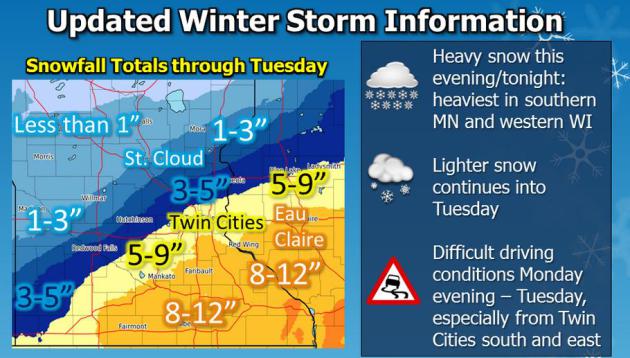
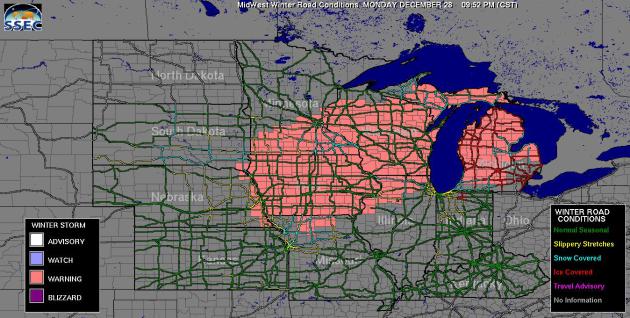
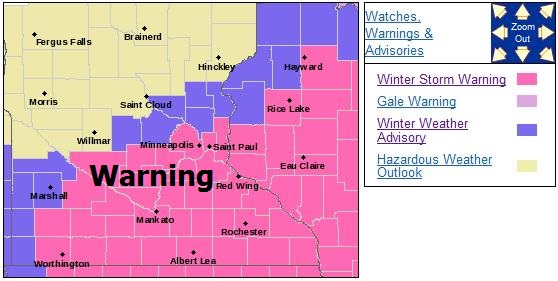
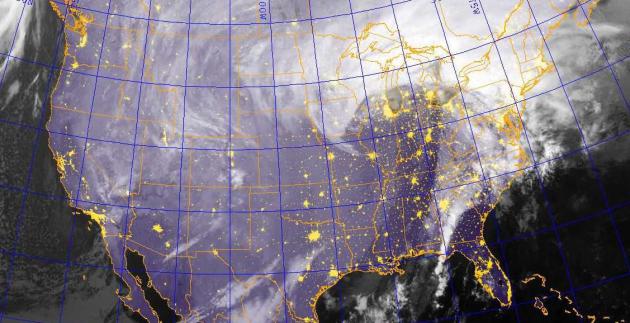
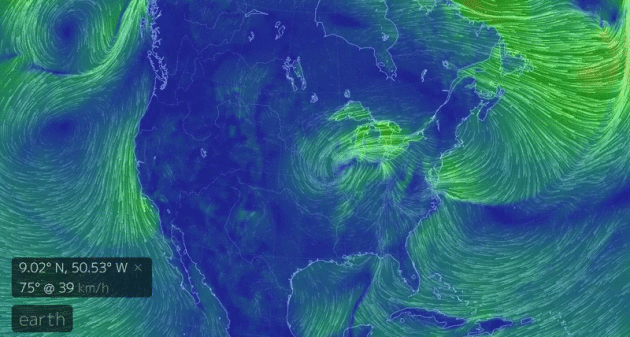
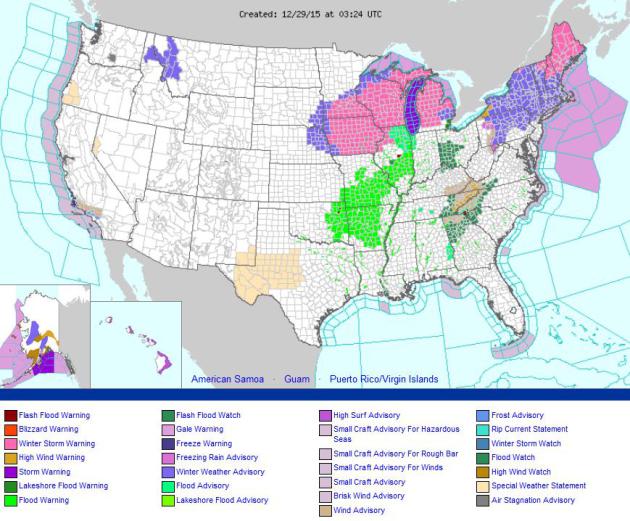



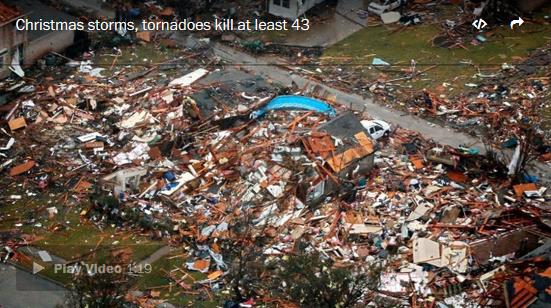
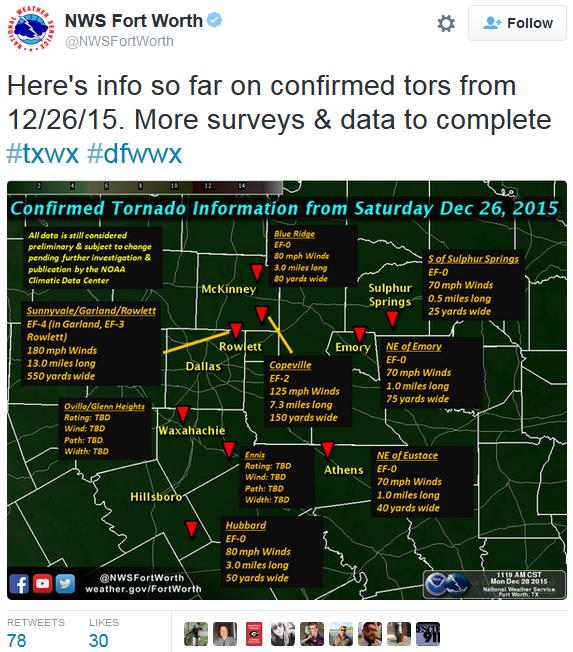
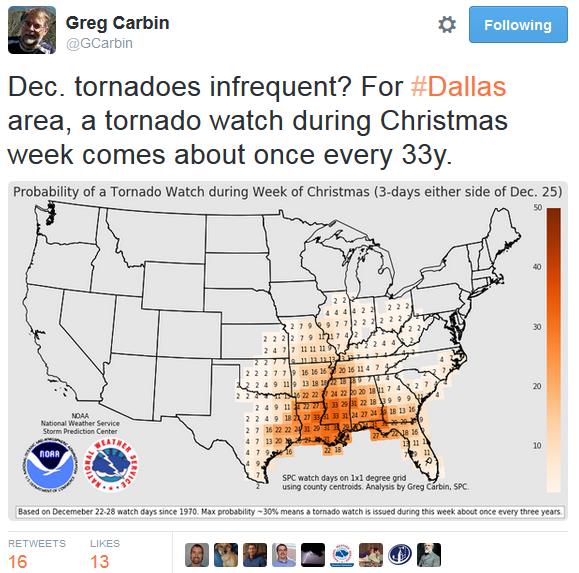
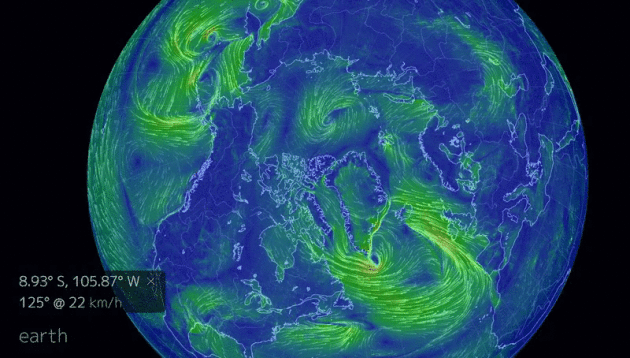
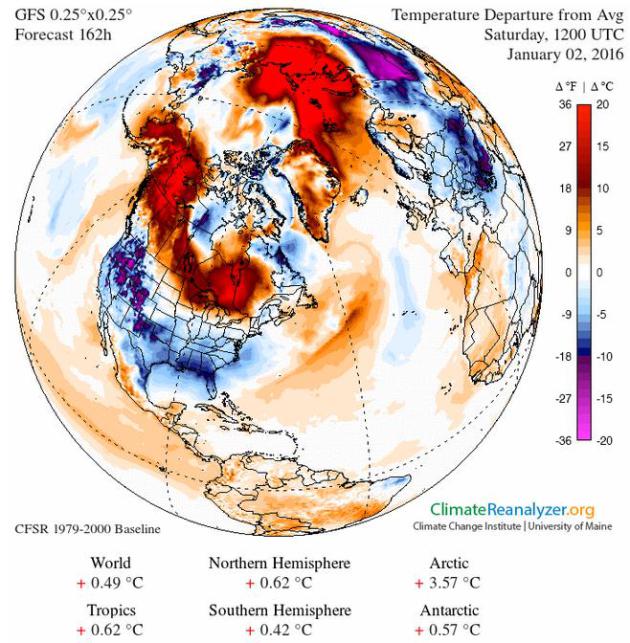
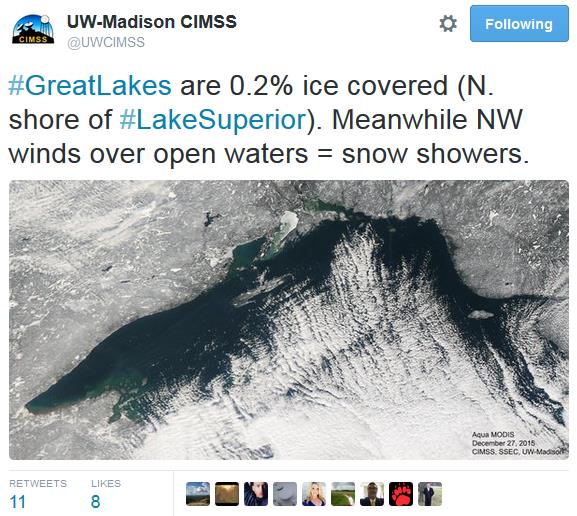
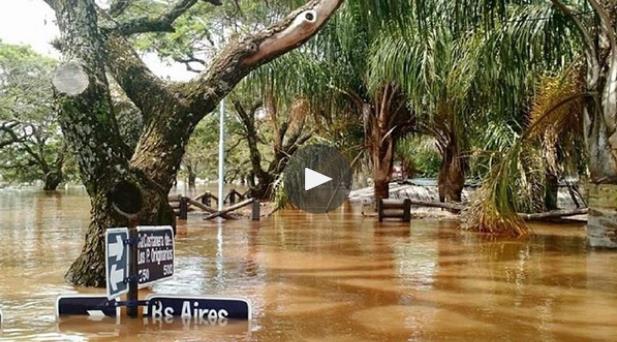
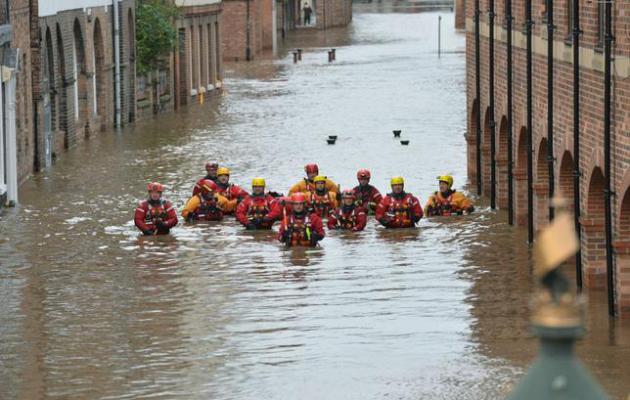

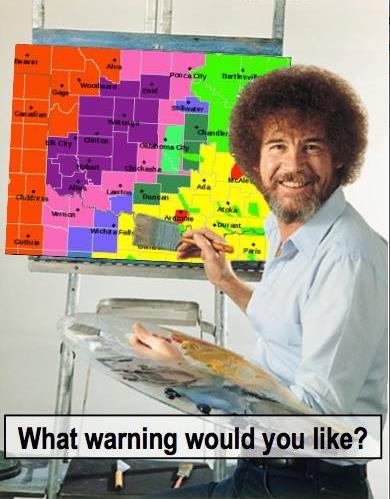
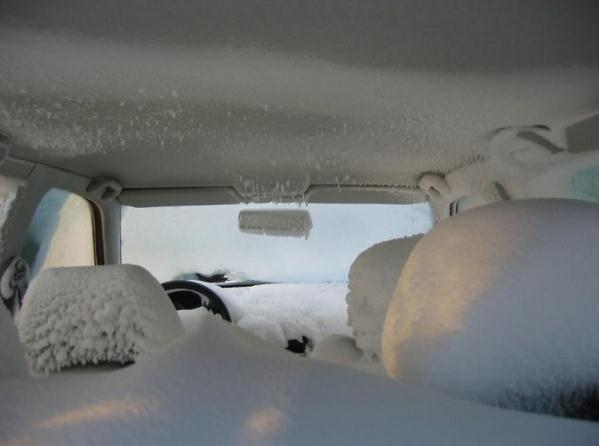

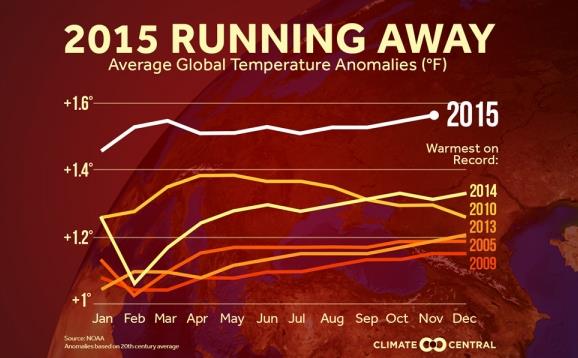
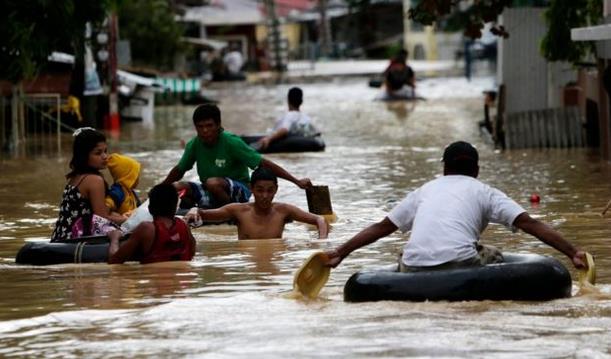
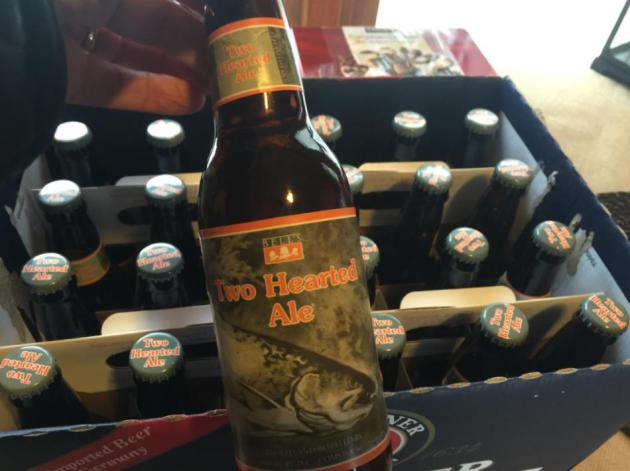

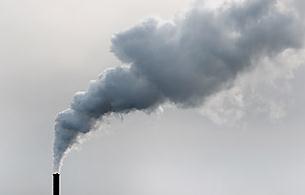
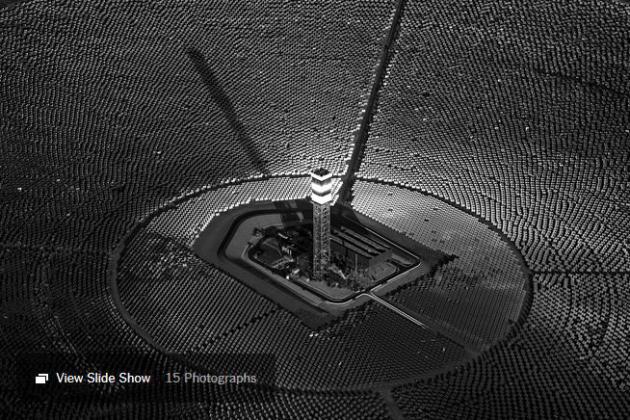
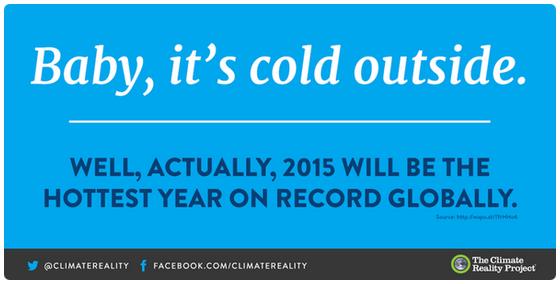
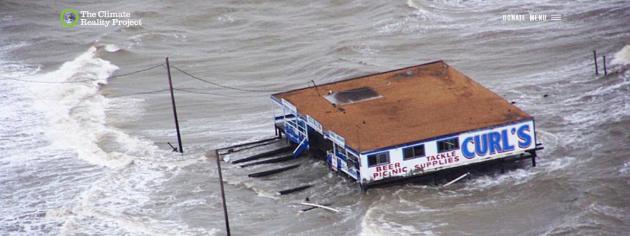
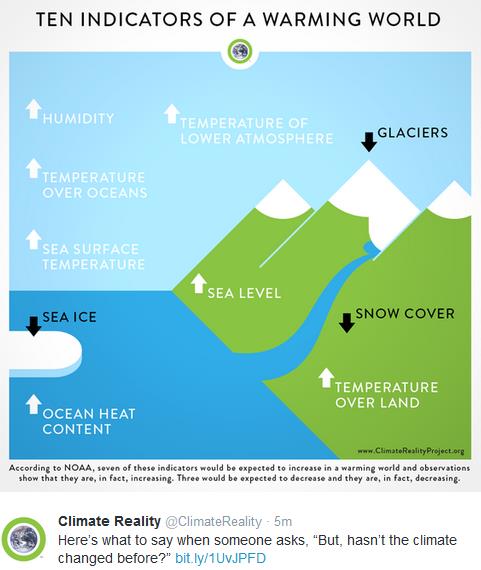

No comments:
Post a Comment